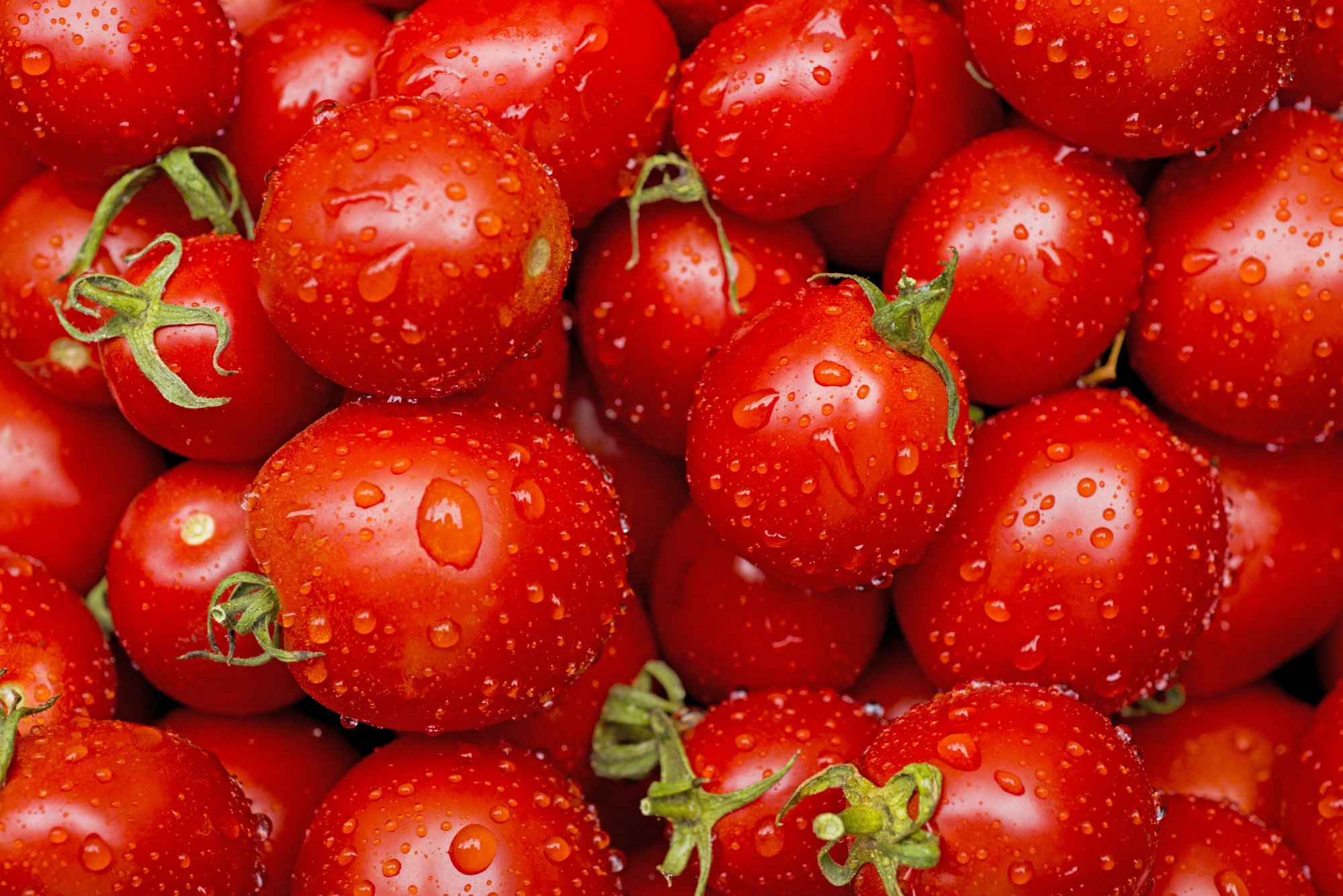Cooking tomatoes into a nourishing soup might just give you that extra boost of lycopene and vitamin A you’re looking for.

Health questions: what to do if I have a sore throat? Will tea help?
Health questions: what to do if I have a sore throat? Will tea help?
Cooking can increase the bioavailability – the potential for uptake by our bodies – of lycopene and beta carotene in tomatoes, since the heat breaks down cell walls in tomatoes.
That’s a good reason to opt for tomato soup the next time you’re craving tomatoes.
Tomatoes also contain plenty of vitamin C. The same goes for popular soup aromatics such as garlic and onion, says the NIH, which offer additional antiviral and antibacterial properties.
It is a water-soluble vitamin, meaning it dissolves upon contact with water. Fortunately for those who enjoy eating soup, this means the nutrients present in your soup ingredients remain intact as you add water to the pot to bring it to a boil.
Draining your bowl of tomato soup isn’t just good for nutrition. The built-in water content does double duty and keeps you hydrated, too.

Of all the benefits of having a bowl of tomato soup, this may be the greatest: high consumption of tomatoes and the lycopene they contain is associated with a lower risk of dying from cancer.
That is the conclusion of a US study, published in the journal Public Health Nutrition in 2020 using data from more than 22,000 adults in The National Health and Nutrition Examination Survey.
To get the most powerful nutritional punch, consider whipping up a home-made tomato soup. Store-bought varieties can be laden with sodium and added sugars.

